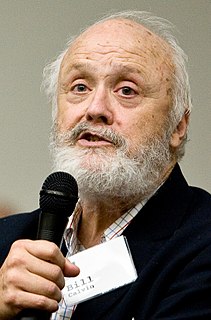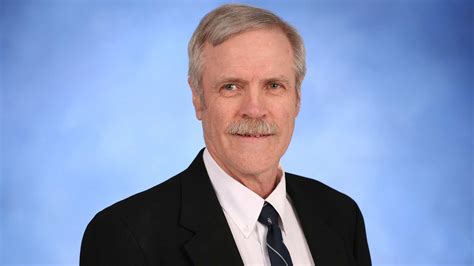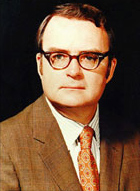A Quote by William H. Calvin
Even if we stop the growth, we'd still be adding a constant amount of fossil carbon to the atmosphere each year.
Related Quotes
Today, about 40 percent of America's carbon pollution comes from our power plants. There are no federal limits to the amount those plants can pump into the air. None. We limit the amount of toxic chemicals like mercury, and sulfur, and arsenic in our air and water, but power plants can dump as much carbon pollution into our atmosphere as they want. It's not smart, it's not right, it's not safe, and I determined it needs to stop.
The burning of fossil fuels has altered the amount of carbon dioxide in the atmosphere so rapidly and so abundantly that now, we are driving not just the warming trend, not just the sea level rise that is a consequence of the warming trend that is melting polar ice and alpine ice, but also [ocean acidification].
This generation has altered the composition of the atmosphere on a global scale through radioactive materials and a steady increase in carbon dioxide from the burning of fossil fuels. Entire regional airsheds, crop plant environments, and river basins are heavy with noxious materials. Motor vehicles and home heating plants, municipal dumps and factories continually hurl pollutants into the air we breathe. Each day almost 50,000 tons of unpleasant, and sometimes poisonous, sulfur dioxide are added to the atmosphere, and our automobiles produce almost 300,000 tons of other pollutants.


































